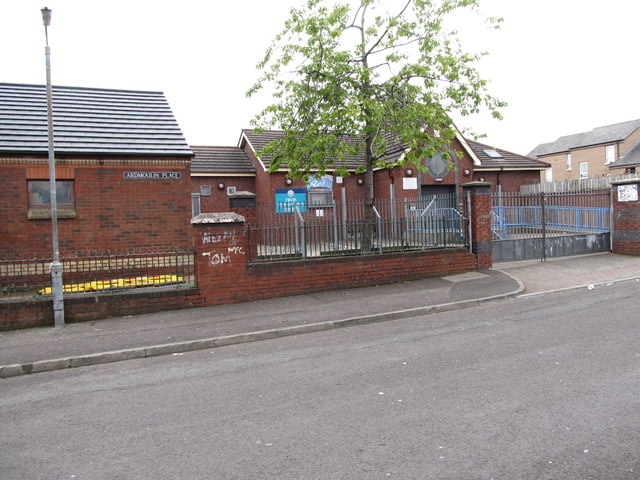Would it be reasonable to say that you would be one of the few published poets locally who is committed to community arts poetry projects?
I’m not sure what other poets do but I am very pleased that I have been part of facilitating poetic writing in community settings.

And what is this particular project you are working on?
I was approached by Community Arts Partnership to work on the facilitation of a group of people with visual impairments.
I am doing 5 workshops with a group called Pageturners and those workshops consisted of different elements to improve the writing skills of the participants.
We are looking at poetry and how to go about writing poetry,

How has it been going so far?
Really well.
I have found, with this group, a real effort to improve their skills, a real attempt to understand the mechanics of poetry and the participants have said to me that they want to know what poetry is and how is it that poetry communicates ideas to people.
They also want to know how you go about thinking about poetry.
Is there a particular approach you have to adopt when people are visually impaired?
I have found it interesting personally; thinking about how you view the world if you cannot see. I have also thought about how other senses start to come into play in a heightened way: touch, smell, the question of texture.
There is an added element of how being visually impaired affects your world view, how experiencing life this way makes the world different for you.

What do you think comes out in the writing?
From what I have heard so far, the question of the senses is being amplified, the sense of taste and touch especially
I think also, something that emerged through the workshops, that if you are dependent on someone else writing your thoughts down for you, what impact does that have on your writing. The question emerges, “How do you avoid self-censoring your material.”
When sighted people write, there is no self- censorship with first thoughts being put down on paper. But if you are visually impaired there will be times when you have other people writing your material down. I hadn’t really thought much about that aspect of living with a visual impairment.
It is, to me, quite an important aspect of writing, not censoring your thoughts.
Was there a solution to that situation?
We talked in the group about the use of voice recognition software. There are people in the group who have used that particular method to write their material. We did have quite a bit of discussion about that and other issues.

Had you worked with visually impaired people before?
No, although I have worked with people who had various disabilities. I learned a lot from facilitating these workshops.
What are you hoping comes out of the workshops?
We are looking at the ways people might be able to get their work heard or seen publicly. There aren’t a lot of publication options, but a few people have been thinking about reading at open mics.
If we could get some of the participants to read at an outside event that would be a wonderful achievement.

